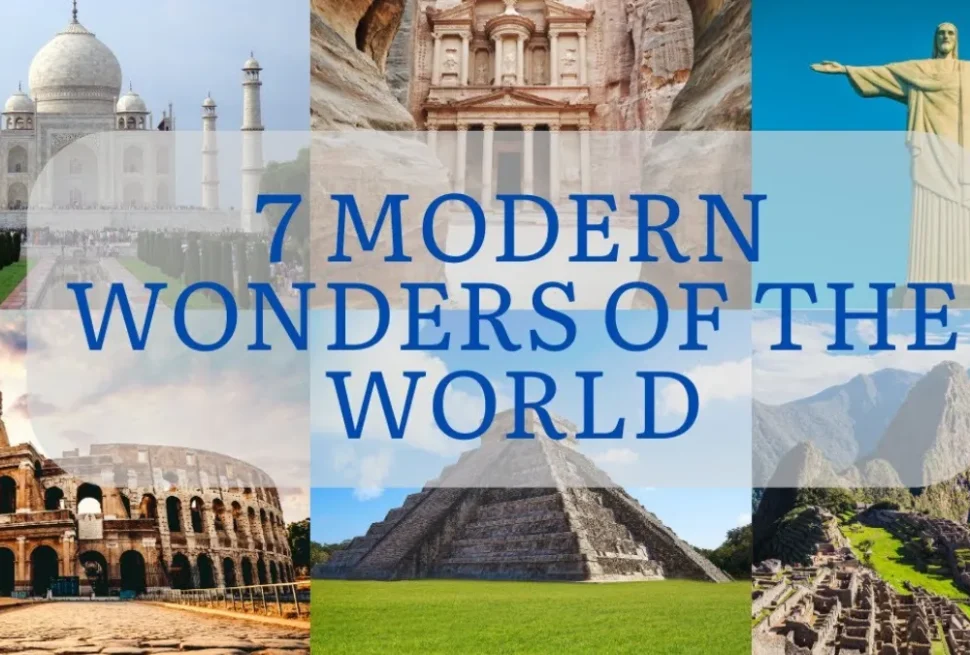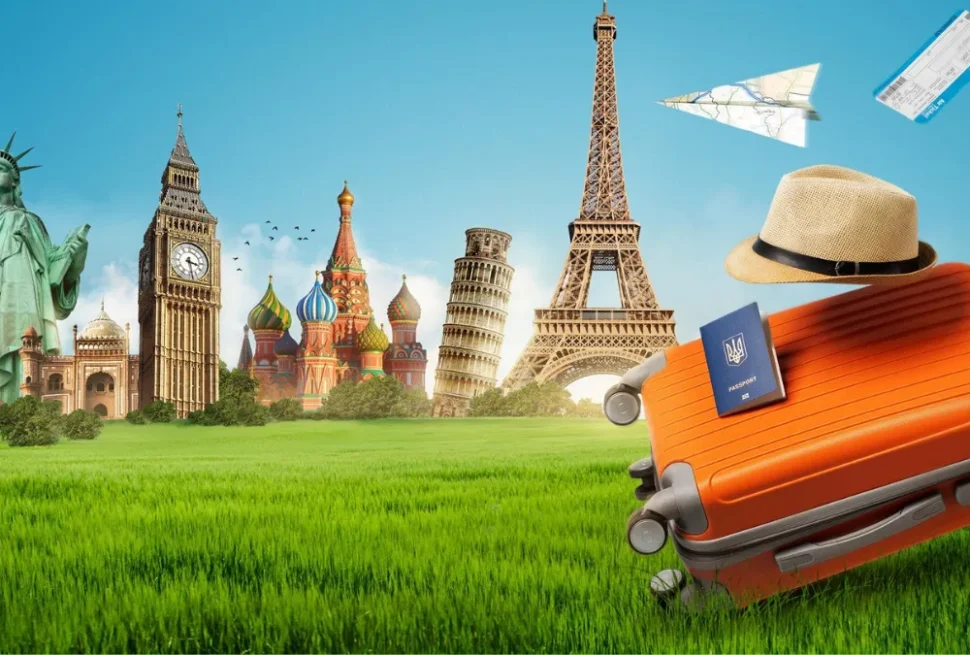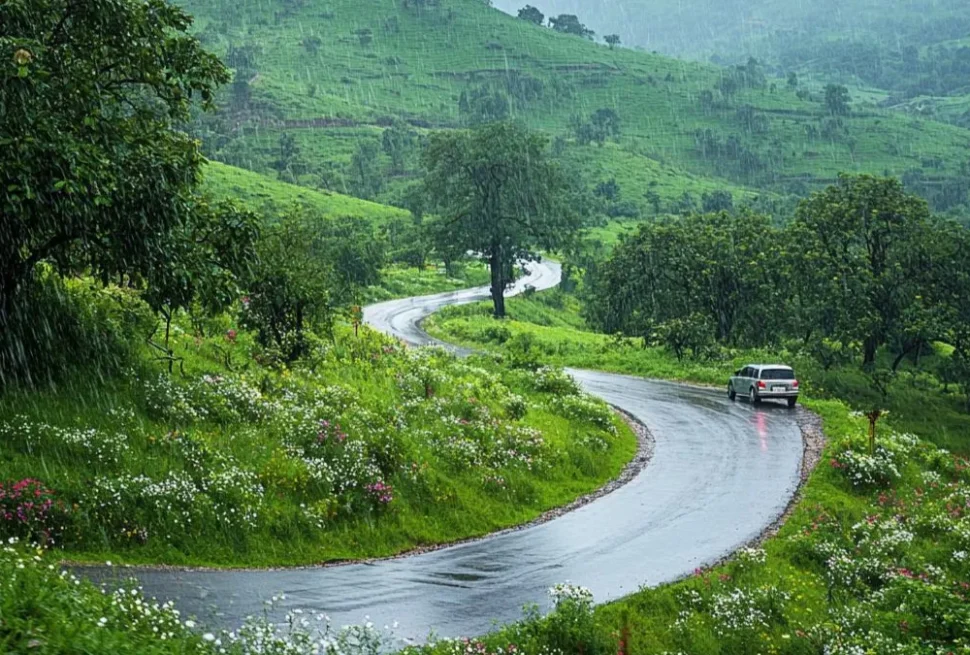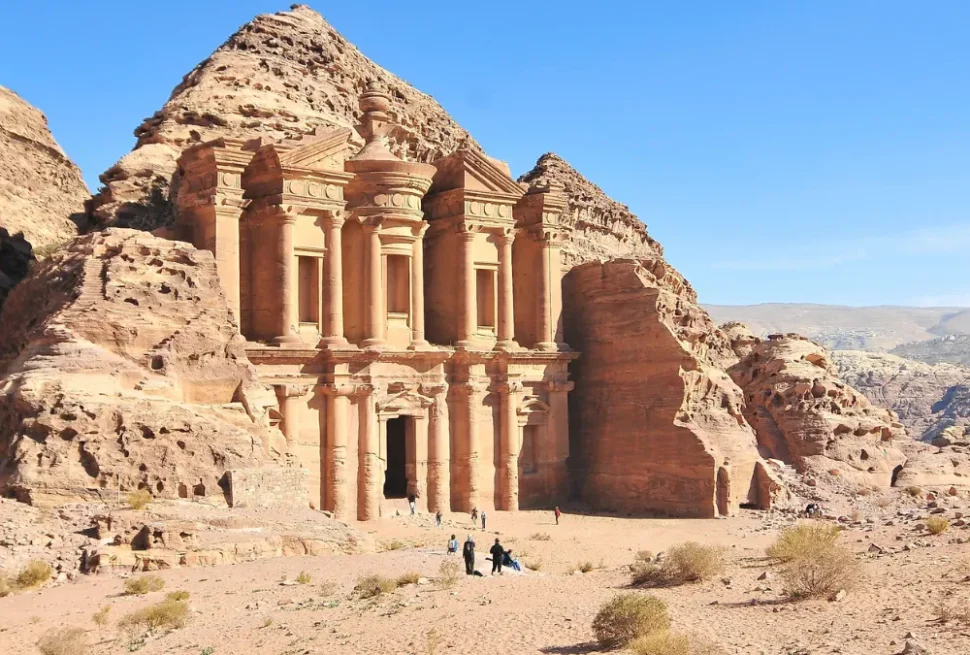Travel is far more than a change of scenery or ticking off places on a bucket list. At its heart, The Art of Meaningful Travel is about connection—immersing yourself in unfamiliar cultures, forming human bonds, savoring local flavors, and embracing nature’s wonders with humility and intention. Whether you’re wandering through a quiet village in Tuscany, trekking in the Himalayas, or meditating on a beach in Bali, meaningful travel transforms a trip into an experience that changes who you are.
In this 2000-word article, we dive into the essence of meaningful travel, uncover destinations that foster self-discovery, and explore how chasing horizons can open your heart and expand your mind.
The Art Of Meaningful Travel: Why Choose Meaningful Travel?

In a world of fast tourism and curated Instagram moments, the desire for something deeper has grown. Meaningful travel prioritizes:
- Cultural immersion over sightseeing
- Human connection over crowded attractions
- Personal growth over postcard-perfect photos
It’s the slow conversations with locals, cooking a meal with a family in Morocco, or volunteering to help rebuild a school in Nepal. It’s travel that gives back—to both traveler and host.
Core Principles of Meaningful Travel
- Intentionality
Know why you’re traveling. Is it to reconnect with nature, to heal, to learn, or to escape and return transformed? - Authenticity
Seek real experiences. Ditch the tourist trail when possible. Go where locals go. Listen to their stories. - Sustainability
Choose eco-friendly stays, support local artisans, and leave a place better than you found it. - Mindfulness
Be present. Whether you’re watching the sunset in Santorini or hiking a forest trail in Japan—soak it in without distraction. - Curiosity and Respect
Ask questions. Learn about customs and language. Be open and humble in every encounter.
Destinations That Inspire Meaningful Travel
1. Ubud, Bali – Indonesia
Ubud is the spiritual heart of Bali. Amid lush rice terraces and ancient temples, travelers discover yoga retreats, traditional art, and the sacred Monkey Forest. Here, slowing down is part of the rhythm.
2. Machu Picchu – Peru
A bucket list spot that can be deeply meaningful if approached with reverence. The Inca Trail offers a chance to reflect and reconnect with ancient civilizations while surrounded by staggering Andean peaks.
3. Ladakh – India
High in the Himalayas, Ladakh is a place of stark beauty and rich Buddhist culture. Homestays allow intimate glimpses into local life, and the silence of its monasteries is unforgettable.
4. Tuscany – Italy
Beyond vineyards and villas lies a slower pace of life—farm-to-table food, small towns like Lucca and Pienza, and connections made while sharing meals and stories.
5. Patagonia – Chile & Argentina
The dramatic landscapes—glaciers, mountains, and blue lakes—invite solitude and self-discovery. It’s a destination where nature humbles you, and every step feels sacred.
6. Kyoto – Japan
Temples, tea ceremonies, and tradition permeate Kyoto. Time spent walking the Philosopher’s Path or practicing Zen meditation brings clarity and calm.
7. Zanzibar – Tanzania
This island paradise isn’t just about turquoise waters. Engage in Swahili cooking, spice tours, and explore the cultural fusion of Arab, African, and Indian influences.
8. Camino de Santiago – Spain
An ancient pilgrimage route that’s both physical and spiritual. Walkers from all over the world form friendships, share stories, and uncover profound truths with each mile.
How to Make Any Trip More Meaningful
Even mainstream destinations can be transformed with a mindful approach. Here’s how:
- Stay Local: Choose guesthouses, B&Bs, or eco-lodges run by locals.
- Talk to People: Ask open-ended questions. Listen more than you speak.
- Join a Workshop: Pottery in Vietnam, tango in Buenos Aires, weaving in Guatemala—skills ground you in culture.
- Volunteer: A few days with a conservation project or local NGO can create lasting impact.
- Travel Slowly: Spend more time in fewer places to build a genuine connection.
Travel That Heals: Emotional & Spiritual Growth

For many, meaningful travel is also a way to heal:
- Post-breakup or life transition trips bring clarity and courage.
- Solo journeys offer deep introspection and newfound confidence.
- Nature retreats allow us to recalibrate, away from the noise of daily life.
You return not just with souvenirs—but with perspective.
Stories That Last
The best memories from meaningful travel aren’t usually photographed:
- A child’s laughter in a rural school.
- Tea shared with a Bedouin under the desert stars.
- Helping harvest olives in Greece while learning a grandmother’s secret recipe.
These are the moments that shape us, stay with us, and remind us why we travel.
FAQs on Meaningful Travel
Q1: What is the difference between regular travel and meaningful travel?
A: Regular travel often prioritizes sightseeing and comfort. Meaningful travel focuses on purpose, connection, and immersion in local culture.
Q2: Can I do meaningful travel on a budget?
A: Absolutely. Homestays, slow travel, volunteering, and local transport often cost less than traditional tourism.
Q3: Is solo travel better for meaningful experiences?
A: Solo travel often promotes deeper self-reflection, but meaningful travel is possible in any group setting with the right mindset.
Q4: How do I make sure I’m being respectful to local communities?
A: Research customs, learn basic phrases, dress appropriately, ask permission before taking photos, and support local businesses.
Q5: What kind of traveler benefits most from meaningful travel?
A: Anyone seeking growth, empathy, and deeper understanding—students, retirees, professionals on sabbatical, or spiritual seekers travelers.
Also Read: Hidden Corners Of The World: Where Stories And Adventures Begin
Conclusion: Chasing Horizons That Matter
The Art of Meaningful Travel isn’t a trend—it’s a return to the essence of what it means to explore. It’s about discovering not just new landscapes, but new parts of ourselves. In chasing horizons, we find stories, wisdom, and heartbeats that echo long after we return home.
So, as you plan your next trip, don’t just ask where to go. Ask why. Pack your curiosity, leave expectations behind, and open your arms to the unknown. You may just return transformed.





